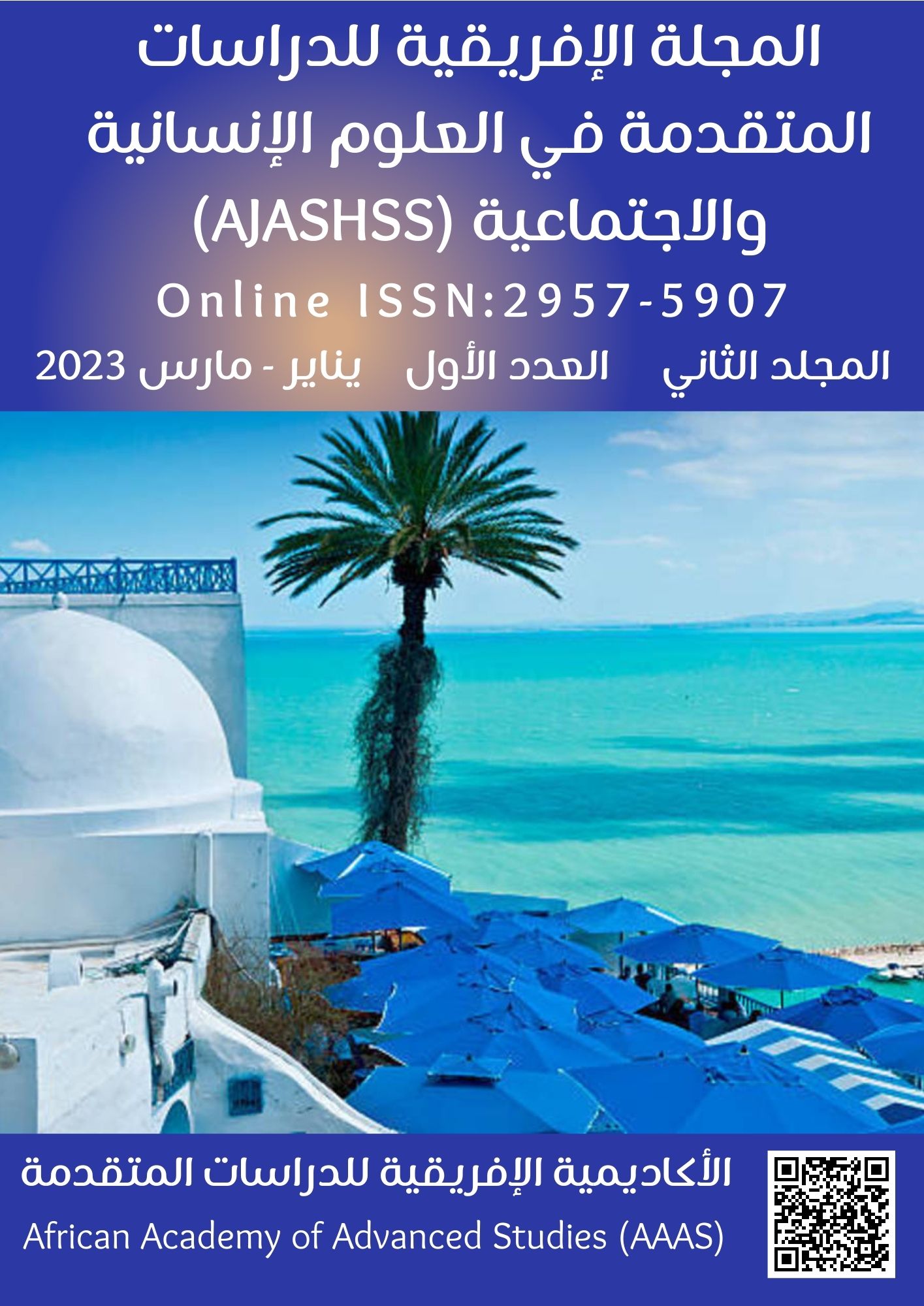Nietzsche and Education: A Dimensional Vision
الكلمات المفتاحية:
Friedrich Nietzsche، educational issue، elite، spirit، philosopher-teacherالملخص
Our objective in this research paper presented depends on providing a Nietzsche-philosophical perspective on the educational issue and its dimensions. It is an issue that has occupied The Interest of Friedrich Nietzsche in the level of his intellectual reflections, which translated the spirit of the historical field to which Friedrich Nietzsche belongs. It is an objective condition that prompted him to analyze the educational issue in its association with culture and the elite. It is good education that is consistent with the person of the philosopher-teacher, who targets the elite of society of students. One of our most important conclusion is that culture, in Nietzsche’s perspective, is inseparable from education. It is the ultimate aim of true education. Moreover, the academic freedom observe at the level of higher institutions, which are part of education, means slavery and submission to the teacher-leader.
منشور
كيفية الاقتباس
إصدار
القسم

هذا العمل مرخص بموجب Creative Commons Attribution 4.0 International License.






